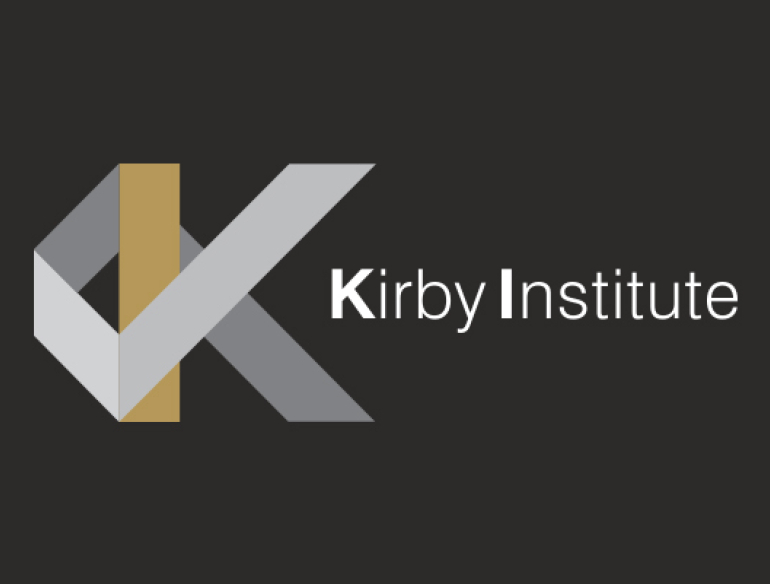Location:
Level 6, Seminar Room Wallace Wurth Building UNSW Australia Sydney NSW 2052
Open to
All
Contact for enquiries
Rata Joseph +61 (0)2 9385 0900 rjoseph@kirby.unsw.edu.au
The Kirby Institute is pleased to present:
Dr Marta Catalfamo- National Institute of Health
“HIV immunopathogenesis: mechanisms coupling inflammation/coagulation and immune activation.”
Bio:
Dr Marta Catalfamo received Biochemistry degree at the National University of Tucuman. Argentina. She obtained her PhD degree in Immunology , from the Autonomous University of Barcelona, Spain. In 1999, she moved to the US to do her postdoctoral studies with Dr. Pierre Henkart at the Experimental Immunology Branch at NCI,HIH.During her post-doc she studied secretory pathways to perform effector function by human CD4 and CD8 T cell. She made a seminal observation of a new regulated secretory pathway for the chemokine RANTES and discovered new secretory organelles. After completing her post-doctral training, she joined as Staff Scientist at the Laboratory of Immunoregulation at NIAID, NIH. Her research focuses in understanding the cytokine-driven mechanisms of inflammation/coagulation and immune activation in HIV infection. Her work has delineated clear differences in the activation of CD4 and CD8 T cell pools in patients with HIV infection. Particularly her studies are directed to address how the homeostatic response to CD4 T cell depletion and the inflammatory response to HIV infection affect the immune activation of the T cell pools leading to CD4 T cell depletion and expansion of the CD8 T cell subset. She has described and unexpected cross-talk of the signaling pathways between IL-7 and Type I IFNs. Her research work is also focused in understanding the intersection between coagulation/inflammation and immune activation of T cells in the context of HIV infection. In this area of research,she has made the observation that T cells expressed the protease activated receptor-1, the main receptor for thrombin, and this receptor plays a role in T cell function and infection.
